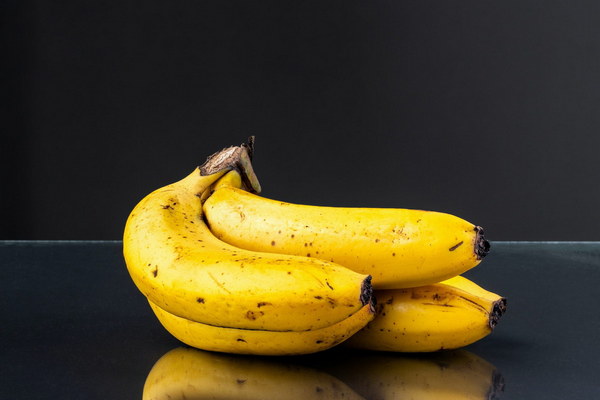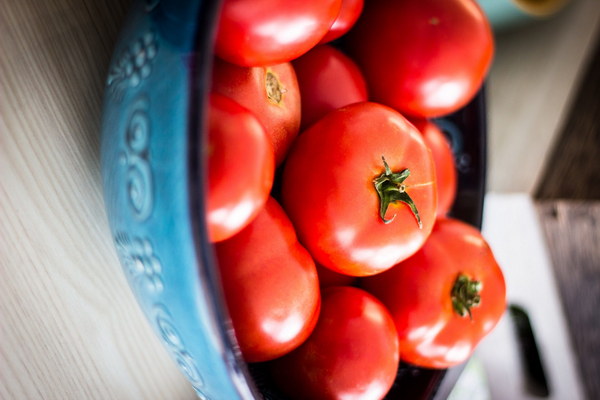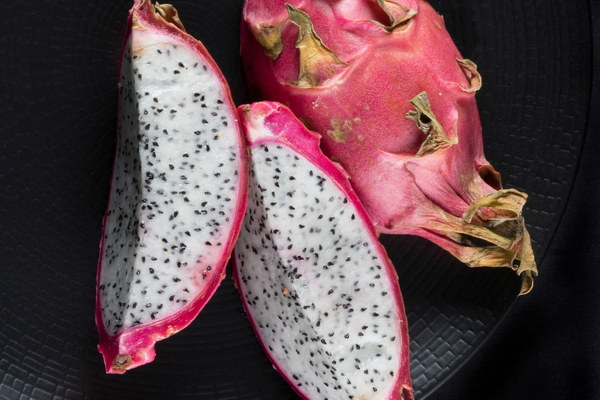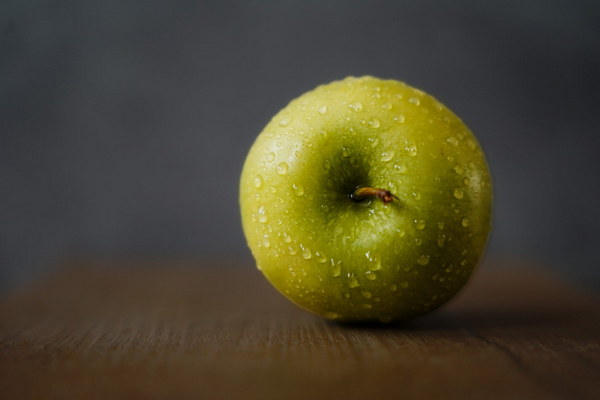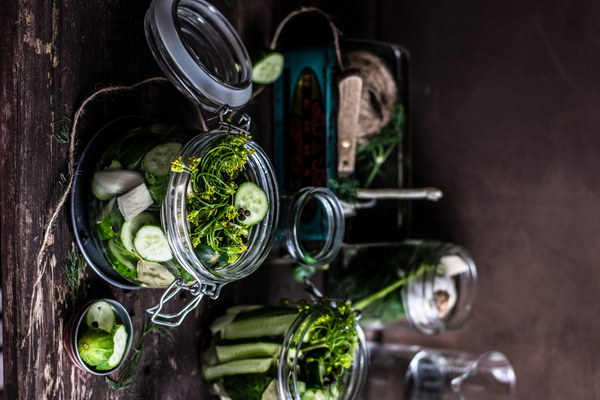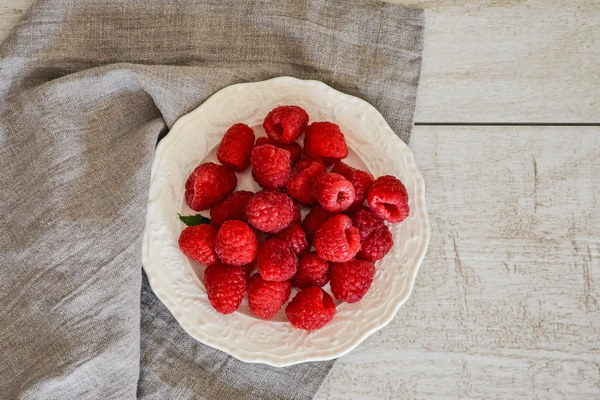Banish Dampness A Comprehensive Guide to Treating Dampness in the Body
Introduction:
Dampness is a common health issue that affects many people, especially during the rainy and humid seasons. It is characterized by symptoms such as fatigue, muscle aches, and joint pain. In traditional Chinese medicine, dampness is considered an external pathogen that can disrupt the body's balance and lead to various health problems. In this article, we will explore the concept of dampness, its causes, symptoms, and effective ways to treat and prevent it.
What is Dampness?
Dampness is a condition where excessive dampness accumulates in the body, causing various health issues. It is believed to be caused by exposure to damp environments, excessive consumption of damp foods, or a weakened spleen and kidney function. In traditional Chinese medicine, dampness is one of the six external pathogenic factors, along with wind, cold, heat, fire, and dryness.
Symptoms of Dampness:
The symptoms of dampness can vary from person to person, but some common signs include:
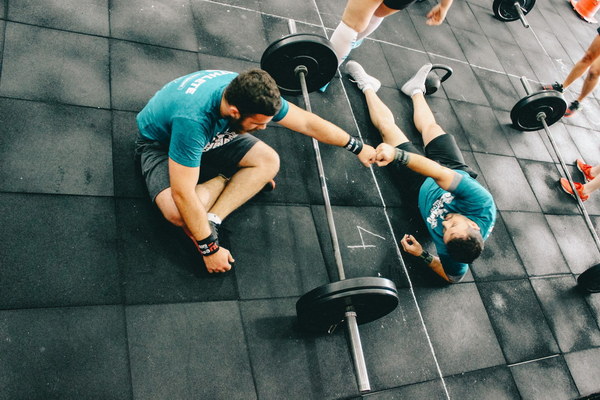
1. Fatigue and weakness: Dampness can lead to a feeling of constant tiredness and lack of energy.
2. Muscle and joint pain: Dampness can cause discomfort and pain in the muscles and joints.
3. Digestive problems: Dampness can lead to bloating, constipation, or diarrhea.
4. Edema: Swelling in the legs, feet, and hands may occur due to dampness.
5. Mental fog: Difficulty concentrating and a cloudy mind are common symptoms of dampness.
6. Excessive phlegm: Dampness can lead to a thick, yellowish phlegm.
Causes of Dampness:
1. Exposure to damp environments: Spending too much time in damp, moist places can lead to dampness accumulation in the body.
2. Damp foods: Consuming too many damp foods, such as raw vegetables, fruits, and cold drinks, can contribute to dampness.
3. Weak spleen and kidney function: The spleen and kidneys play a crucial role in regulating dampness. A weakened spleen and kidney function can lead to dampness accumulation.
Treating Dampness:
1. Diet: Avoid damp foods and consume a balanced diet rich in lean proteins, whole grains, and fresh vegetables and fruits. Increase the intake of warming and drying foods, such as ginger, garlic, and cinnamon.
2. Lifestyle: Exercise regularly to improve circulation and boost the immune system. Avoid staying in damp environments and ensure proper ventilation in your living space.
3. Herbs and supplements: Traditional Chinese medicine offers various herbs and supplements to help treat dampness. Some commonly used herbs include:
- Astragalus: Known for its immune-boosting properties and its ability to strengthen the spleen and kidney function.
- Poria: Helps to drain dampness and relieve symptoms such as edema and joint pain.
- Cinnamon: A warming spice that can help improve digestion and reduce dampness.
4. Acupuncture: Acupuncture can help balance the body's energy and improve circulation, thus reducing dampness symptoms.
5. Massage: A massage can help improve circulation and alleviate muscle and joint pain caused by dampness.
Preventing Dampness:
1. Keep your living space dry and well-ventilated.
2. Avoid staying in damp environments for extended periods.
3. Wear appropriate clothing when exposed to damp conditions.
4. Practice good hygiene, such as drying off after bathing or swimming.
Conclusion:
Dampness is a common health issue that can lead to various symptoms and complications. By understanding its causes, symptoms, and effective treatment methods, you can take steps to prevent and alleviate dampness in your body. Remember to consult with a healthcare professional before starting any new treatment or diet.
